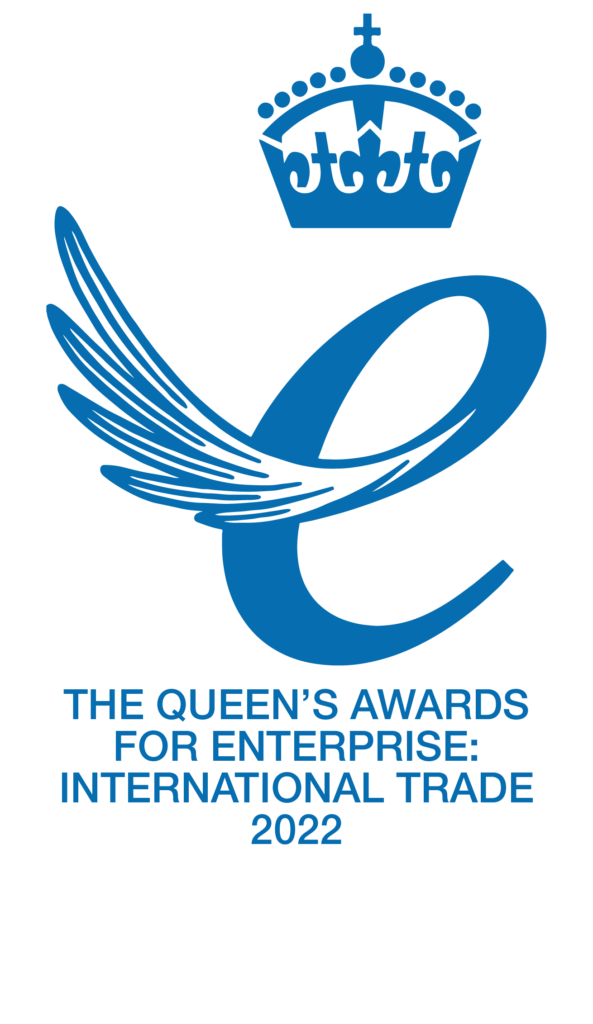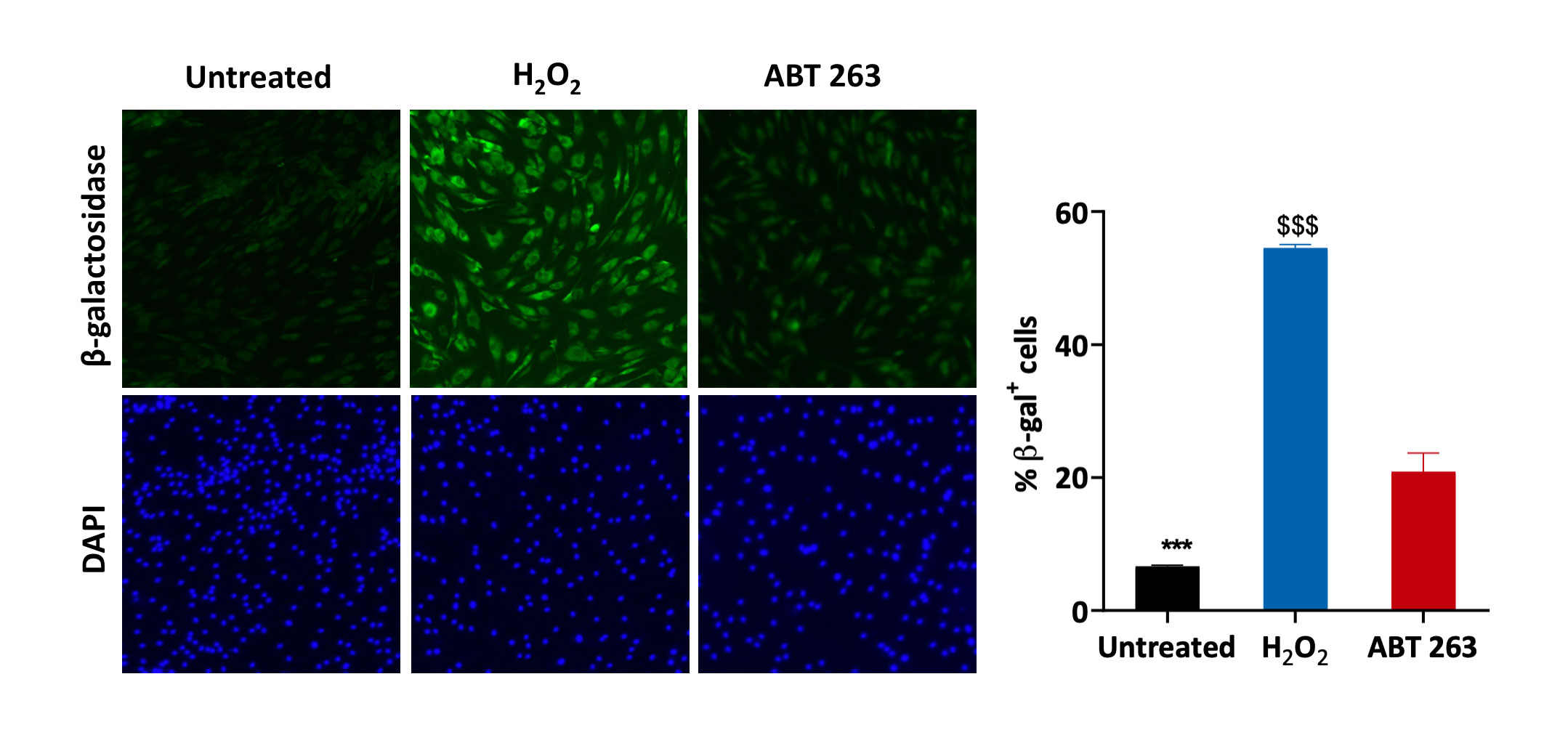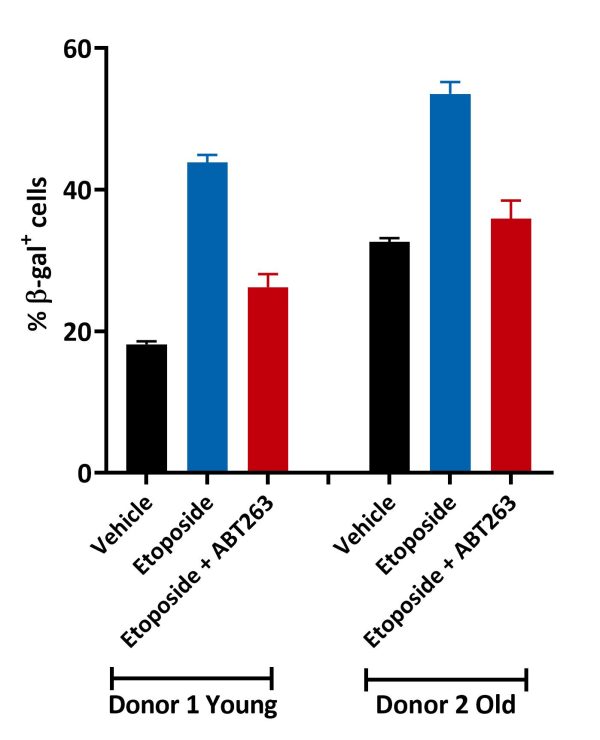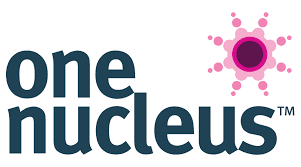Senescence
Senescence can promote cancer development by altering the cellular microenvironment through a senescence-associated secretory phenotype (SASP). At least, three types of cellular stress such as activation of oncogenes, loss of tumour suppressor genes, and chemo/radiotherapy can induce cell senescence (Zeng et al., 2018).
Cellomatics can assist with a wide variety of senescence assays to suit your project.
Senescence Assay
Measurement of senescence in primary human chondrocytes treated with H2O2. Cells were treated for 24 hours followed by a 72 hours recovery period and then treated with ABT 263 (a known senolytic). Cells were fixed followed by immunofluorescence staining for DAPI and β-galactosidase
Percentage of Senescence-associated beta-galactosidase (SA-βgal) positive cells in young and old dermal fibroblasts. Dermal fibroblast from young and old donors were treated with Etoposide and Etoposide followed by ABT263 (known senolytic compound). The % of βgal for vehicle conditions represent the basal senescent cells in the two donors. The treatment with Etoposide increases the senescent cells and following treatment with ABT263 reduces the senescent cells. Data is representative of 3 technical replicates +/- SEM.
Request a consultation with Cellomatics Biosciences today
Our experienced team of in vitro laboratory scientists will work with you to understand your project and provide a bespoke project plan with a professional, flexible service and a fast turnaround time.
To request a consultation where we can discuss your exact requirements, please contact Cellomatics Biosciences.

